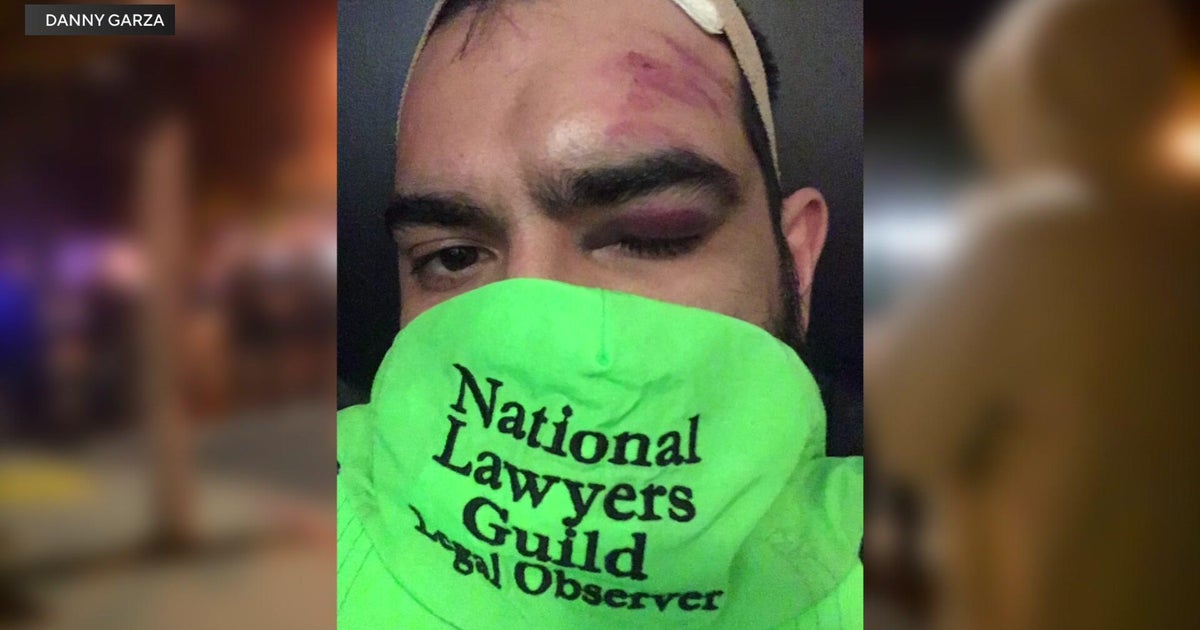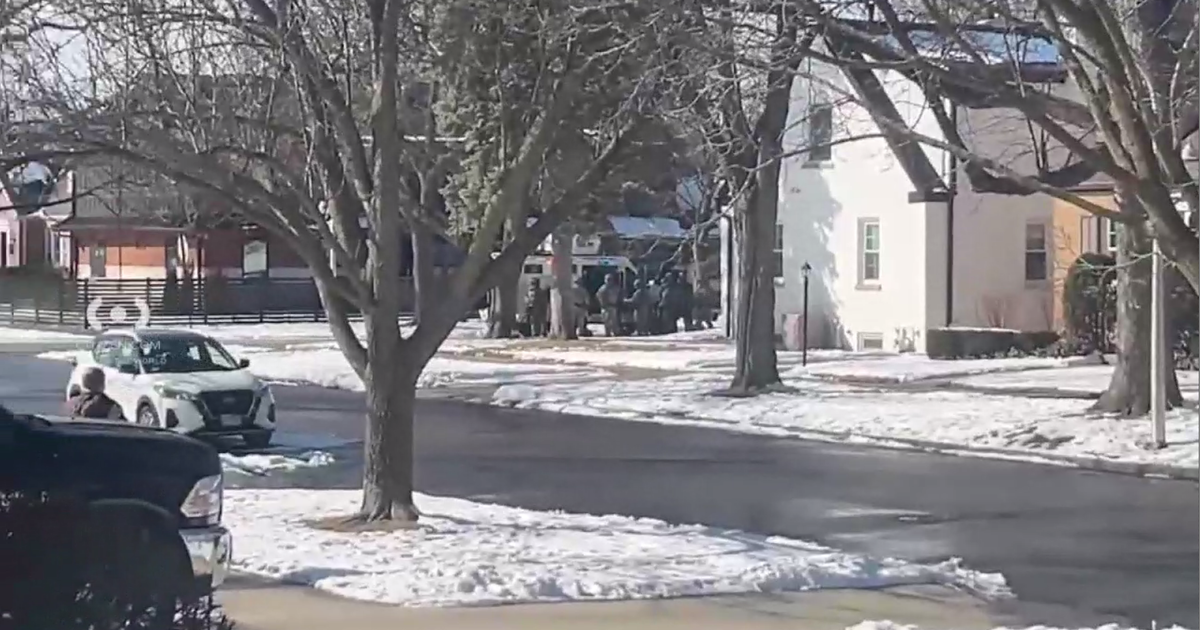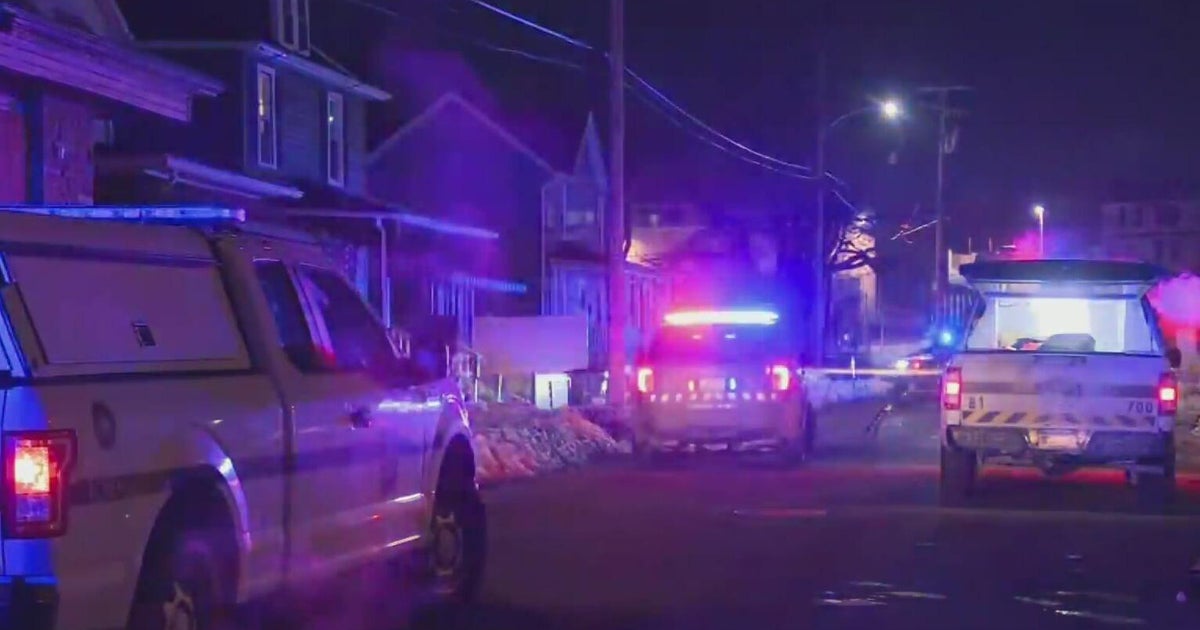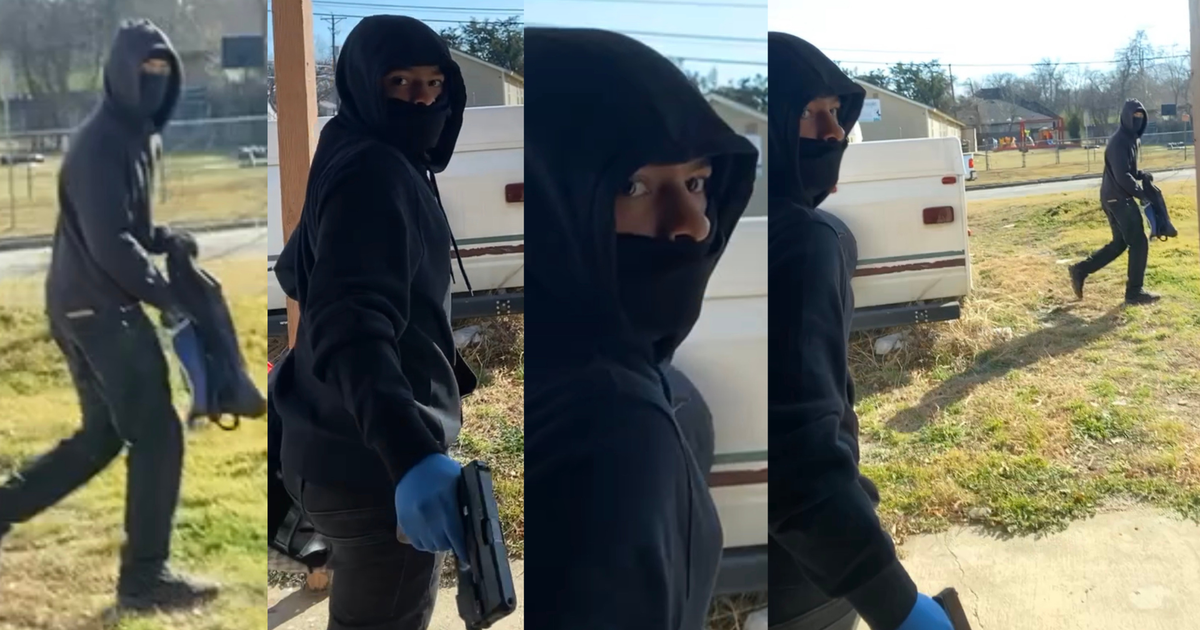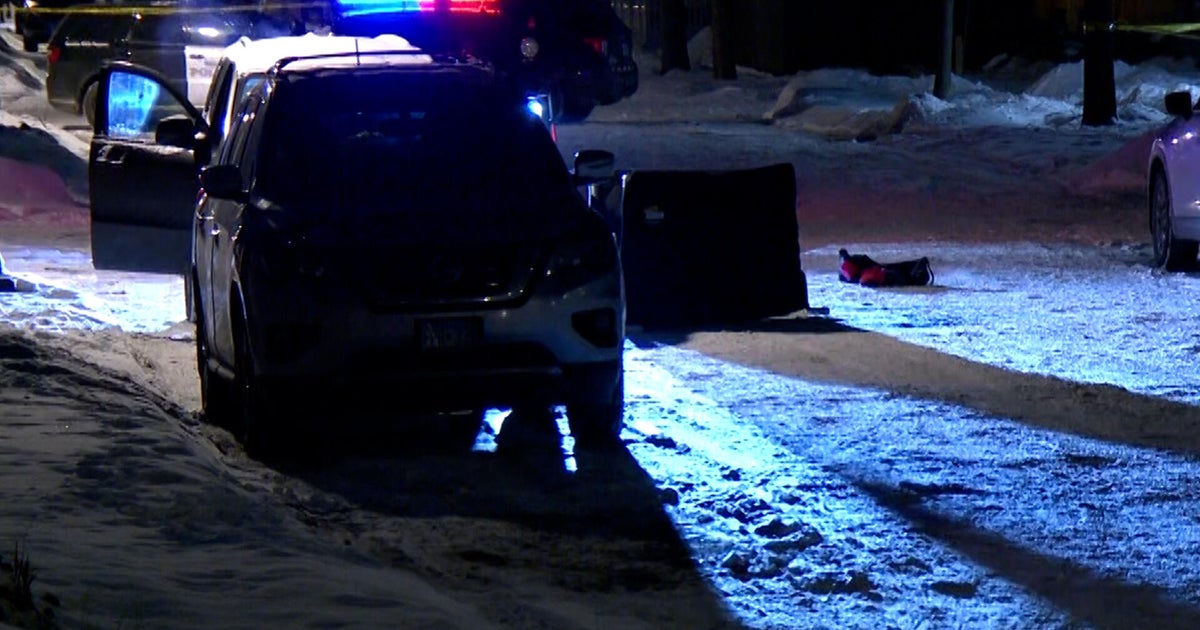Police Union To Fight Draft Of CPD Consent Decree
CHICAGO (CBS) -- There are massive changes planned for the Chicago Police Department.
They are spelled out in a reform over 200 pages long but CBS 2 has learned that police plan to fight it.
CBS 2's Derrick Blakley poured over the plan to find out what it means to officers and you.
"The consent decree will fundamentally change the way the Chicago Police Department does business," said Chicago Police Superintendent Eddie Johnson.
A process that began after release of dash cam video showing police shooting Laquan McDonald 16 times, even though he was walking away.
That led to a Department of Justice investigation which found a pattern of civil rights violations in CPD, including improper use of deadly force.
"The importance of a consent decree is that it will require the city and CPD to prove to a federal judge that they've achieved the required reforms," said Attorney General Lisa Madigan.
Including changes in use of force, prohibiting use of Tasers just because someone's fleeing and discouraging Taser use in school and on students, further restrictions on shooting at moving vehicles and keeping track of foot chases with other changes urged by officers themselves.
"They've asked for better training. That's in here. They've asked for leadership and promotions, so there's a closer rank between sergeant and how many patrol officers they're responsible for. They've asked for wellness," said Chicago Mayor Rahm Emanuel.
But the Fraternal Order of Police is calling the consent decree a sham, promising to fight it in court.
"We will continue to fight the consent decree to protect our officers and to protect the public because some of our public officials have failed to do so," said Fraternal Order of Police President Kevin Graham.
Which only makes the selling the consent decree among street cops that much tougher.
One point of sharp disagreement with the FOP is a demand by the attorney general that police record every time they point their gun at someone. The union fears that may make officers less safe by hesitating before using a firearm.
Negotiations on that point are continuing.
The next step is a 21-day time period for public comment on the plan and then it will be forwarded to federal judge Robert Dow for his approval.
